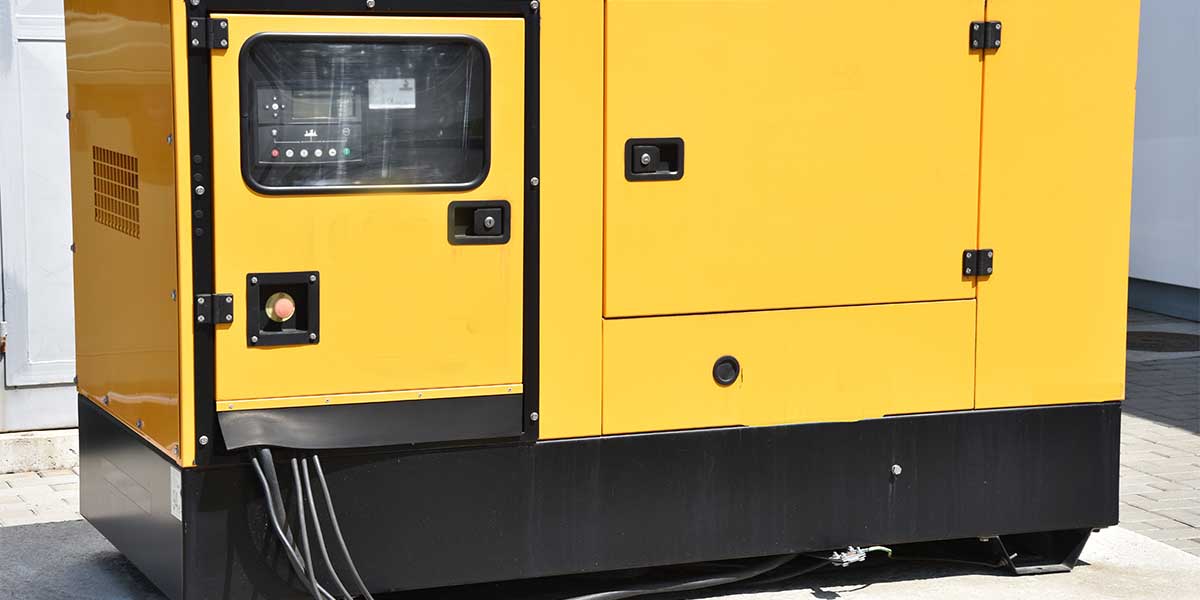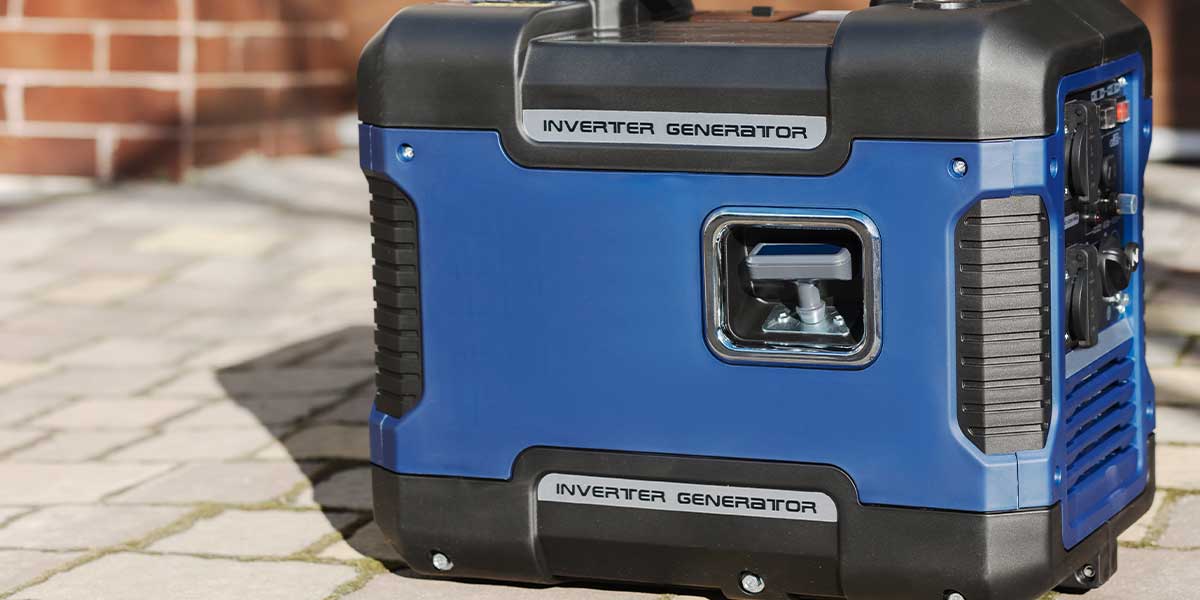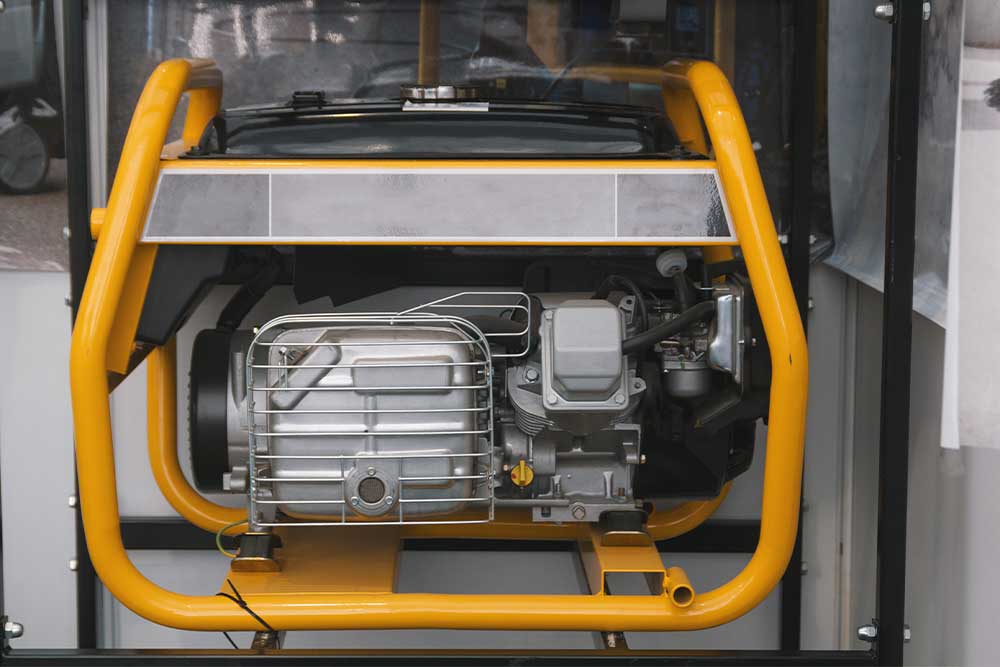When the power goes out, life can get uncomfortable fast, especially if you’re left in the dark with a fridge full of food and no heat in the middle of winter. That’s where a standby generator comes in. Unlike portable units, a standby generator provides seamless, automatic backup power for your entire home. But the big question is: how to choose the right standby generator for your needs?
This guide from Expert Electric will walk you through everything you need to know, from calculating wattage requirements to comparing generator types, so you can make an informed decision that keeps your home safe, comfortable, and powered up during any outage.
Step 1: Calculate the Power You Actually Need
The first step in learning how to choose the right standby generator is understanding your home’s total power demand. Generators are rated by watts, and if you buy one that’s too small, you’ll be left deciding which appliances to sacrifice during an outage. Buy one that’s too big, and you’ll overspend on equipment and fuel.
Running Wattage vs. Starting Wattage
Not all appliances are created equal when it comes to electricity. Some devices, such as refrigerators and air conditioners, require a startup surge (called starting wattage) that can be three times higher than their continuous (running) wattage.
-
Running Wattage = continuous power needed to keep the appliance running
-
Starting Wattage = surge of power needed at startup
Average Household Appliance Wattages
Here’s a quick breakdown of common appliances:
-
Refrigerator/Freezer: 600–800 watts
-
Microwave: 800–1,200 watts
-
Electric Oven: 5,000 watts
-
Central Air Conditioner: 2,000–4,000 watts
-
Electric Water Heater: 3,000–4,500 watts
-
Sump Pump: 1,200–1,800 watts
-
Computer: 300–2,000 watts
If you want a detailed wattage chart, check out Energy.gov’s appliance energy calculator.
Pro Tip: Add Up Your Essentials
Make a list of critical appliances, refrigerators, heating or cooling systems, medical devices, lights, and phone chargers. Add up their running wattages, and then include extra capacity for startup wattage. This total gives you the minimum wattage your standby generator needs to handle.

Step 2: Plan for the Future
When deciding how to choose the right standby generator, don’t just plan for today. Think ahead:
-
Are you adding a hot tub or home office?
-
Planning to buy an EV charger soon?
-
Do you want to power the whole home or just essential rooms?
By choosing a generator with 20–25% more capacity than your current needs, you’ll be ready for future expansions without overloading the system.
Step 3: Understand Generator Types
There are two main categories to consider:
Portable Generators
-
Lower cost
-
Moveable, but require manual setup
-
Limited power supply and shorter runtime
-
Best for short outages or powering a few appliances
Standby Generators
-
Permanently installed outside your home
-
Automatically start during an outage
-
Can power your whole home for days
-
Require professional installation and fuel hookup (natural gas, propane, or diesel)
If your goal is seamless, reliable backup power, a standby generator is the clear winner.
Step 4: Choose the Right Fuel Type
Standby generators typically run on:
-
Natural Gas – Convenient if you already have a gas line. Unlimited fuel supply.
-
Propane – Clean-burning, stored in a large onsite tank.
-
Diesel – Long-lasting and reliable but requires a bulk storage tank.
Your choice depends on availability, cost, and personal preference.
Step 5: Factor in Noise and Safety
Generators aren’t silent machines. Check the decibel rating before you buy, especially if you live in a neighborhood with strict noise ordinances.
Also, make sure your generator has essential safety features, including:
-
Automatic transfer switch (for seamless power transition)
-
Overload protection
-
Low-oil shutoff
-
Weather-resistant casing
Step 6: Get Professional Installation
Installing a standby generator isn’t a DIY project. It involves:
-
Electrical wiring into your home’s breaker panel
-
Permits and code compliance
-
Safe fuel hookups (natural gas or propane)
Hiring a licensed electrician ensures your system works flawlessly and keeps your home safe. That’s where Expert Electric comes in, we’ve installed countless standby generators across BC, helping homeowners feel confident about their backup power solutions.

Why Choose Expert Electric for Standby Generator Installation?
At Expert Electric, we don’t just install generators, we design custom power backup solutions that fit your exact needs. Our team helps you:
-
Calculate wattage requirements
-
Select the best generator brand and model
-
Handle permits and inspections
-
Install the system safely and efficiently
-
Provide ongoing maintenance and support
With over 30 years of experience, we know how to keep your lights on, your fridge cold, and your family safe during outages.
FAQs About Choosing the Right Standby Generator
1. What size standby generator do I need for my house?
It depends on your total wattage requirements. A 7–10 kW generator can power essential appliances, while a 20–25 kW unit can handle whole-home backup power.
2. How long can a standby generator run continuously?
Most models can run for 24–48 hours straight, depending on fuel supply. With natural gas, they can run indefinitely as long as the utility line remains active.
3. How much does a standby generator cost?
Expect to pay between $5,000 and $15,000 (including installation). The price depends on size, fuel type, and brand.
4. Is a standby generator worth it?
Yes. If you live in an area with frequent storms, outages, or rely on medical equipment at home, a standby generator offers peace of mind and safety that portable models can’t match.
5. Do standby generators require maintenance?
Yes. Just like a car engine, they need regular oil changes, filter replacements, and system checks. Expert Electric offers maintenance packages to keep your generator ready year-round.
Final Thought
Knowing how to choose the right standby generator means understanding your power needs, planning for future growth, and selecting a reliable, properly installed unit. With the right standby generator, you’ll never have to worry about spoiled food, freezing nights, or being left in the dark again.
At Expert Electric, we specialize in helping homeowners across British Columbia choose and install the perfect standby generator for their home. Don’t leave your family’s comfort and safety to chance, invest in backup power today.
Contact Expert Electric
📞 Call Us: 604-681-8338
📧 Email Us: info@expertelectric.ca


